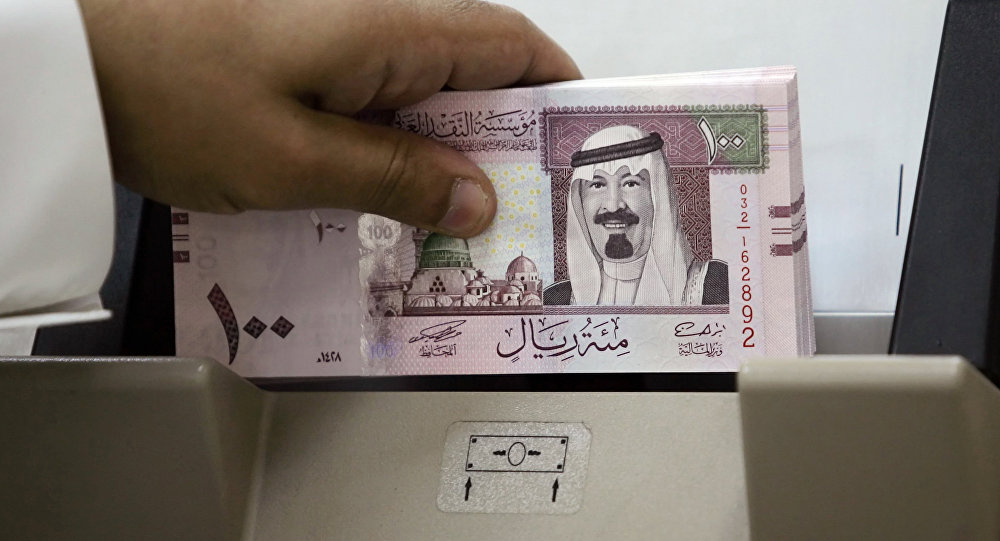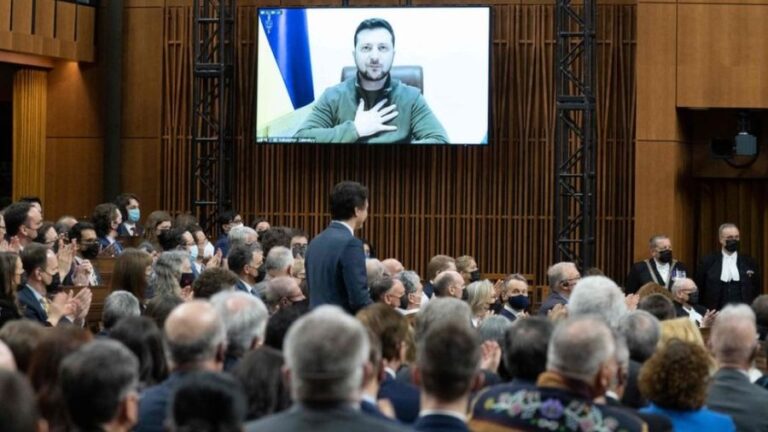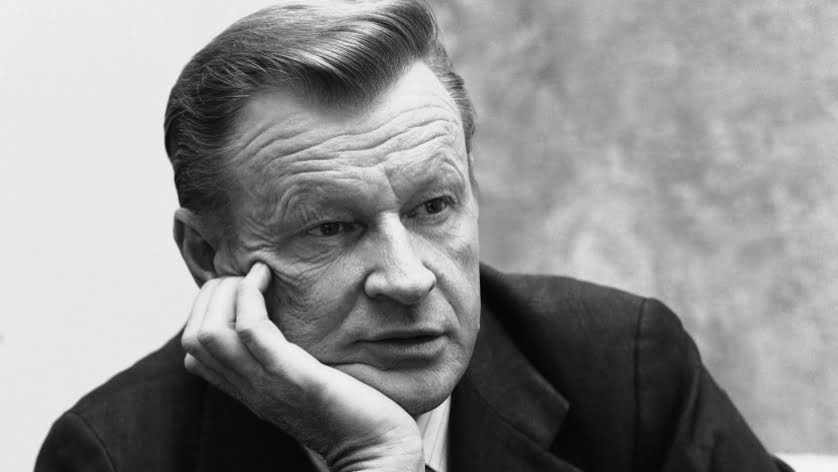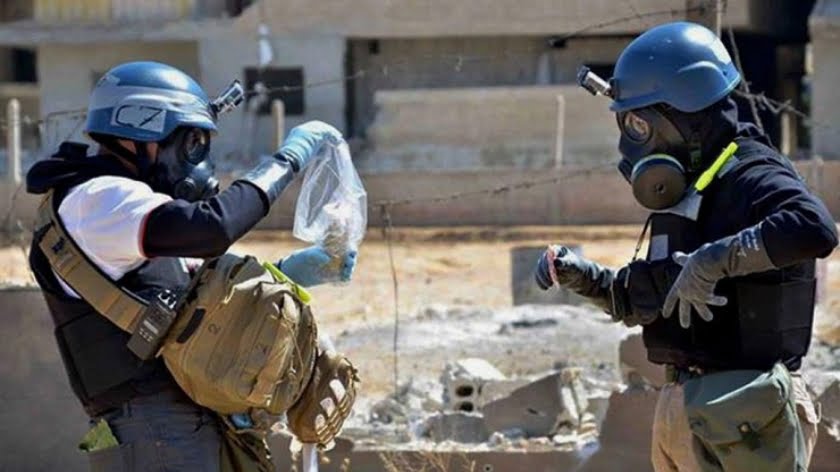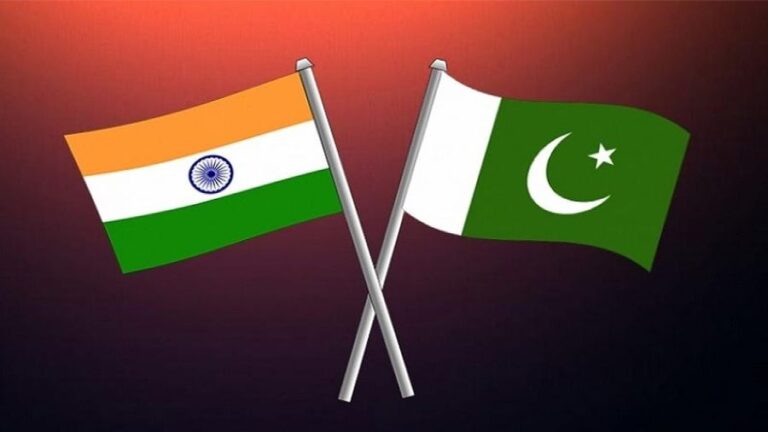Is Saudi Arabia Going Broke?
Saudi Arabia has told banks in the country that it is considering giving contractors IOUs to settle some outstanding bills, according to people with knowledge of the discussions.As payment from the state, contractors would receive bond-like instruments which they could hold until maturity or sell on to banks, the people said, asking not to be identified because the information is private. Companies have received some payments in cash and the rest could come in the “I-owe-you” notes, the people said, adding that no decisions have been made on the measures.
Saudi Arabia has slowed payments to contractors and suppliers, tapped foreign reserves and borrowed from local and international banks in response to the decline in crude oil, which accounts for the bulk of its revenue.
Saudi Arabia’s economic growth is slowing as revenue from oil exports declines. Gross domestic product will likely expand 1.5 percent this year, the slowest pace since the global financial crisis, according to a Bloomberg survey of economists.“Until there is greater clarity on this situation some negativity and increased speculation from investors and other market participants should be expected,” said Chavan Bhogaita, head of market insight and strategy at National Bank of Abu Dhabi.
 This news comes as Saudi Arabia is threatening to sell off hundreds of billions of dollars of U.S. assets if Congress passes a bill that would allow families of the victims of 9/11 to sue the KSA. Although President Obama has already threatened to veto the bill, such threats were most likely hollow to begin with. After the news of the Saudi financial condition, however, it is even less likely that the Saudis would go through with their threat.
This news comes as Saudi Arabia is threatening to sell off hundreds of billions of dollars of U.S. assets if Congress passes a bill that would allow families of the victims of 9/11 to sue the KSA. Although President Obama has already threatened to veto the bill, such threats were most likely hollow to begin with. After the news of the Saudi financial condition, however, it is even less likely that the Saudis would go through with their threat.
